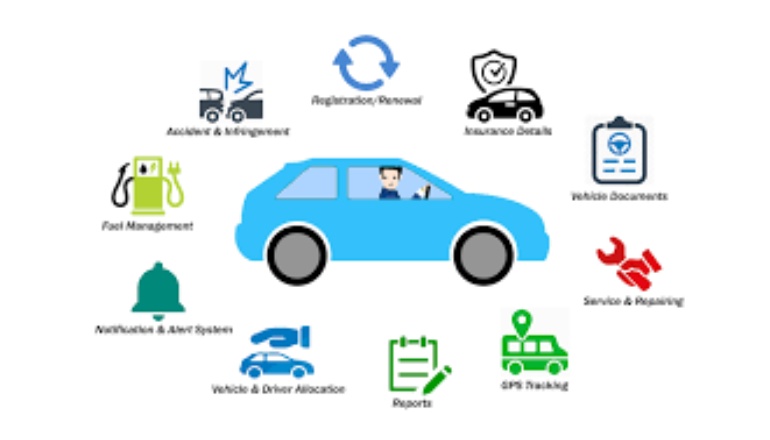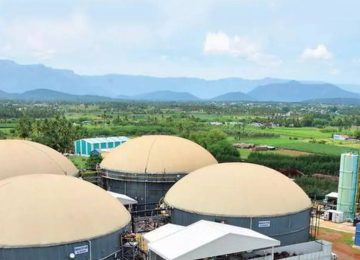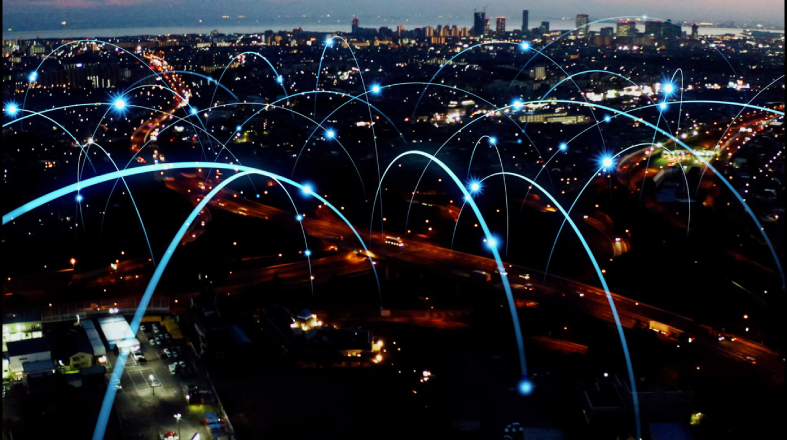India, a nation grappling with choking smog, a new wave of technology is helping vehicles navigate not just the streets, but the path to a greener future. Two innovative solutions, Google Maps’ eco-friendly route optimization, and Taabi’s AI-powered Control Tower are paving the way for a greener future for India’s transportation sector.
Studies show that vehicles contribute roughly 290 gigagrams (Gg) of PM2 in India annually. At the same time, the transportation industry accounts for about 8% of all GHG emissions in the country.
Technology is once again enabling the transport segment to limit and map vehicular emissions. We showcase two examples of route optimization and integrated fleet management.
1. Route optimization:
Google Maps is providing eco-friendly routes for vehicles, including electric and combustion engine cars and gas-powered motorcycles.
The eco-friendly routes feature on the Google Maps App takes into account factors like real-time traffic, route simplicity, and road conditions to determine the best route. When turned on, it highlights the fastest route, while if turned off, the most fuel or energy-efficient route is highlighted with a green leaf.
Google says that the most fuel or energy-efficient route can vary based on the engine type, with diesel vehicles generally having the greatest fuel economy advantage in highway driving. Gas or petrol are the default option in most countries and regions.
Google Maps recommends the most fuel or energy-efficient route when it has roughly the same arrival time as the fastest route.
2. Integrated fleet management:
Taabi, a part of the RPG Group, and a provider of AI and IoT-powered logistics management, has launched its Control Tower solution. The tower integrates advanced technologies for fleet and operational optimization in the mining, construction, telco, and logistics industries. The suite includes IoT sensors, diagnostic tools, data analytics, AI/ML algorithms, and advanced video telematics systems.
It offers real-time visibility into fleet operations, operational analytics, activity automation, and detailed evaluation of fleet, fuel, and engine performance. The dashboard provides fluent controls for immediate corrective actions and enhances efficiency, reliability, and transparency in these industries.
These two examples can be called the beginning when it comes to tech-driven solutions for sustainable transportation. From electric vehicles and car-sharing platforms to smart traffic management systems, the future of transportation is brimming with possibilities.











